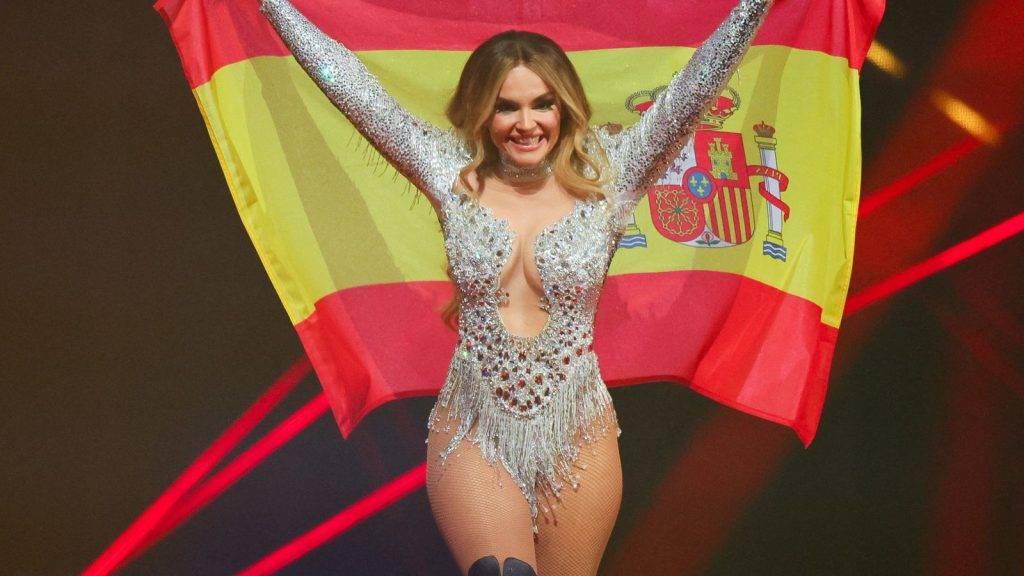Cliff Notes
- Spain joins four other countries in threatening to boycott the Eurovision Song Contest if Israel participates, marking a significant stance from one of the “Big Five” broadcasters.
- The Spanish state broadcaster RTVE’s decision followed a board vote, reflecting growing concerns over Israel’s military actions in Gaza and their impact on the contest’s political neutrality.
- The European Broadcasting Union acknowledges ongoing geopolitical tensions and is consulting with members about managing participation amid these disputes, as next year’s event approaches its 70th anniversary.
Spain votes to boycott Eurovision if Israel competes
Spain has become the latest country to threaten a boycott of next year’s Eurovision Song Contest if Israel competes.
It is now the fifth broadcaster to threaten withdrawal over Israel’s participation, following recent announcements by the Netherlands, Ireland, Slovenia and Iceland – but the first of the competition’s so-called “Big Five”.
This is the group that also includes Britain, Germany, Italy and France, the countries which provide the biggest financial contributions to Eurovision, with participants automatically qualifying for the final round.
RTVE, the Spanish state broadcaster, announced the decision following a board vote on Tuesday.
The measure, proposed by RTVE president Jose Pablo Lopez, garnered 10 votes in favour, four against, and one abstention in the 15-member board, the broadcaster said in a statement.
Spain’s prime minister Pedro Sanchez has previously called for Israel to be banned from the competition.
Spanish public feel Israel should be boycotted a lot more fiercely than Russia
Recent editions of the contest, which has always expressed political neutrality, have involved protests against Israel’s continued military action in Gaza, which was launched in response to the attack by Hamas militants on 7 October 2023, which left some 1,200 people dead.
Israeli contestant Yuval Raphael, a survivor of the Hamas attack, finished second in this year’s competition, held in Basel, Switzerland, in May. Austrian singer JJ, who won, has also called for Israel’s exclusion in 2026.
Following the Netherlands’ announcement last week, the European Broadcasting Union, which organises the event, said it understood the “concerns and deeply held views around the ongoing conflict in the Middle East”. It is yet to comment on the latest vote from Spain.
“We are still consulting with all EBU members to gather views on how we manage participation and geopolitical tensions around the Eurovision Song Contest,” director Martin Green said in a statement.
Next year’s Eurovision will be the 70th anniversary of the event, and will take place at the Wiener Stadthalle in Vienna on 16 May.
Israel has denied accusations it is committing genocide and claimed its actions have been in self-defence against Hamas. More than 64,000 Palestinians have been killed since Israel launched its military action.


